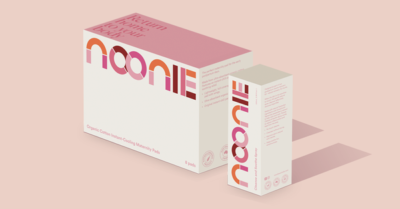Why everyone is obsessing over the fourth trimester
After 9 months of growing a human, and going through all the bodily changes that women experience; there is still another 3 months of change and growth to go! It’s referred to as postpartum, or the fourth trimester.
After your baby is born, your body needs time to recover. Your uterus will contract over the 6 weeks following birth and your body will release lochia (postpartum blood) for up to 6 weeks too. We know what you’re thinking — after 9 months of no period, you have a big old period for 6 weeks — how unfair! But it’s your body’s way of cleaning house and putting everything back together again.
What do I need to know?
Well, firstly you’ll need to rest as much as you can for the first 6 weeks. Your priorities should be self-care and caring for your new bub and not a whole lot else! If you have a vaginal delivery, you may feel tender and sore for a while. Peeing and pooping may be a little scary and a little uncomfortable but we have lots of tips and remedies to help keep your bits clean and cool during recovery.

Our postpartum recovery Bundle Kit was purposely invented to support physical postpartum recovery!
If you’re trying to breastfeed, expect it to be the same as learning any new skill or practicing any new physical activity. It will take some time to master, and it might be a little challenging or frustrating whilst your nipples, milk supply and bub all find their groove.
Healthy Mother, Healthy Child
It is clear that healthy mothers are more likely to birth healthy babies. Adequate nutrition is so important for maintaining a calm nervous system, strong immunity and a great milk supply — so you’ll probably want to prepare some nourishing meals to freeze before baby arrives!
Postpartum Recovery & Health
When you research postpartum health, the focus is typically limited to postnatal depression. While postnatal depression is serious and deserves broad discussion, it is important that mothers are also educated about ways to regain and retain optimal health.
Should we only be concerned with postnatal depression? Here are other facets of a mother’s wellbeing that are key to postpartum recovery and health — vaginal recovery, nourishment for breastfeeding and energy to parent, as well as topics like body positivity and self-image rehabilitation.
Most of all, remember to get what you need before you go back to giving. A happy mom is our favourite mum!
The original article can be viewed at noonie australia









